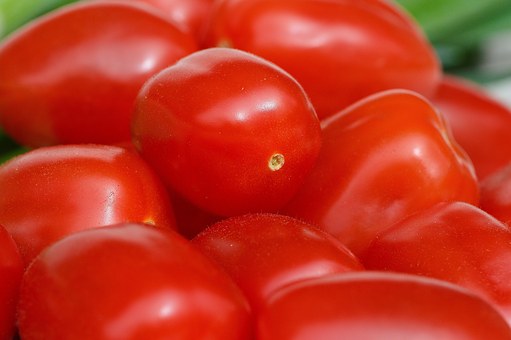The policy is being implemented in collaboration with the Federal Ministry of Agriculture and Rural Development, Federal Ministry of Finance, Federal Ministry of Water Resources, Central Bank of Nigeria, Bank of Industry and the National Agency for Food and Drug Administration and Control
Minister of Industry, Trade and Investment, Dr. Okechukwu Enelamah said the policy was developed with specific objectives.
‘The objective is to increase local production of fresh tomato fruit required for fresh fruit consumption and processing; increase local production of tomato concentrate and reduce post-harvest losses’, he said.

Dr, Okechukwu added that the Federal Executive Council (FEC) approved the policy and the implementation of certain extraordinary price-based measures to safeguard the balance of payments, under the condition of recession.
“These price-based measures are as follows: Classification of Greenhouse Equipment as Agricultural Equipment in order to attract 0% import duty; stopped the importation of tomato paste, powder or concentrate put up for retail sale, Stopped the importation of tomatoes preserved otherwise by vinegar or acetic acid, Increase of the tariff on tomato concentrate to 50% with an additional levy of $1,500/MT, restriction of the importation of tomato concentrate to the seaports to address the abuse of the ECOWAS Trade Liberalisation Scheme (ETLS), Inclusion of tomato production and processing in the list of industries eligible for investment incentives administered by the Nigeria Investment Promotion Commission (NIPC)”, he stressed
Dr. Enelamah disclosed that the measures will become effective 30days after April 7 2017, when the ECOWAS Secretariat was notified.
Nigeria imports an average of 150,000 metric tons of tomato concentrate per annum valued at $170million mostly due to inadequacy in capacity to produce tomato concentrate. Current demand for fresh tomato fruits is estimated at about 2.45million metric tons per annum (MTPA) while the country produces only about 1.8million MTPA.























































